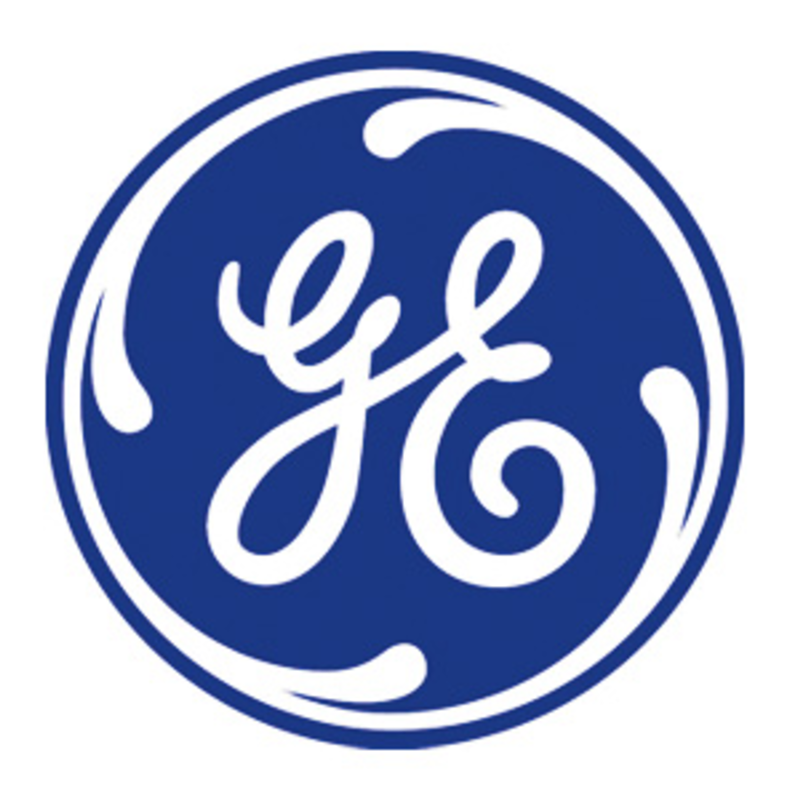S
ince this column will be published four days before Christmas and many readers will be overdosing on holiday cheer and goodwill, here are some items that should really help counteract those warm, fuzzy feelings for a bit.
A new report released this month found that
30 large U.S. corporations paid more to lobby Congress than they paid in federal income taxes for the three years between 2008 and 2010, despite all of them being profitable.
Just as disturbing, despite making combined profits totaling $164 billion in that three-year period,
the 30 companies combined received tax rebates totaling almost $11 billion
. Only one of the 30 companies paid any federal income tax during that time.Corporations that received tax rebates included such well-known firms as Duke Energy, General Electric, Boeing, Honeywell International, Wells Fargo and Verizon Communications.
If your blood isn’t boiling yet, just wait. Here are a couple of facts that might help explain why these lucrative firms got such a cozy deal from Uncle Sam.
The
30 corporations spent $476 million during the three-year period to lobby Congress. That equates to spending about $400,000 each day, including weekends. And during the three-year period of 2009-11,
the firms donated more than $22 million to various federal political campaigns.
Let’s see: Getting $11 billion in return on a $498 million “investment” probably does seem like a worthwhile transaction to the executives sitting in those corporate offices.
The disturbing facts were included in a report compiled by
Public Campaign
, a nonprofit, nonpartisan organization dedicated to making major campaign reforms to reduce the role of special interest money in American politics. The Washington, D.C.-based group used data from a recent report on corporate tax-dodging byCitizens for Tax Justice
, along with examining lobbying expenditure data provided by theCenter for Responsive Politics
.Additionally, the report uses publicly available data on job creation, federal campaign contributions and executive compensation to analyze how the corporations spend their money.
“Big corporations and their CEOs get special deals in Washington at the expense of poor and middle class Americans,” the report concludes. “
Congress continually votes to give tax breaks to oil companies and hedge fund managers
, while continually debating ways to cut important programs that benefit the ‘99 Percent.’ ”Most of the companies cited in the report use
various tax-dodging techniques
and loopholes to avoid paying their fair share. The most common tactic, the report states, is stashing profits in overseas tax havens.As a result, 29 of the companies received tax rebates during those three years, ranging from a $4 million rebate for Corning to
a nearly $5 billion (with a “b”) rebate for GE
. During the same period, Corning reported $1.97 billion in U.S. profits, whileGE reported $10.46 billion in profits
.The only corporation among those analyzed that paid taxes in the three-year period,
FedEx, paid a three-year tax rate of 1 percent, much less than the statutory corporate tax rate of 35 percent
. (FedEx had $4.2 billion in U.S. profits, but paid just $37 million in taxes.)
In other words,
most people reading this column paid at a higher income tax rate than these corporations, which raked in billions of dollars in profits.
Here’s how a General Electric spokeswoman tried to explain away the situation in April 2010, when I blogged about how Forbes magazine reported the firm hadn’t paid any federal income tax for 2009.
“Our industrial business had a 21 percent tax rate in 2009, down slightly from 2008. But when combined with the losses and tax benefits associated with GE Capital’s global operations, we end up with the negative rate,” the GE spokeswoman said. “Like many other financial institutions, GE Capital incurred a pre-tax loss in 2009 during the worst economic crisis since the Great Depression. In contrast to the 2009 results, GE’s cumulative U.S. current tax provision from 2000-2009 totaled almost $7.4 billion. GE paid almost $23 billion of taxes to governments around the world from 2000-2009, making it one of the highest payers of corporate income taxes.”
For those paying attention at home, the 21 percent rate she cited is still considerably less than the 35 percent rate corporations are supposed to be paying.
By the way, during the 2008-10 period,
GE spent $84.3 million on lobbying. And since 2008,
the company has shed 4,168 workers in the United States.
Unfortunately, this is nothing new.
In 2008, the Government Accountability Office found that
“two out of every three United States corporations paid no federal income taxes from 1998 through 2005.”Americans are finally starting to comprehend this startling economic inequality.
A poll released Dec. 15 by the Pew Research Center found that
77 percent of respondents believe large corporations and the ultra-wealthy have too much power. Also, it found
61 percent said the U.S. economic system unfairly favors the rich; and
51 percent said Wall Street hurts the economy more than it helps.
Will the Democratic or Republican politicians in Washington listen to the will of the American people, or will they continue to curry favor with the super-rich? We shall see.
Economist
Robert Reich
, who was labor secretary underPresident Clinton
, hopes this inequality becomes the defining issue of the 2012 presidential campaign.“Americans have never much liked government. After all, the nation was conceived in a revolution against government,” Reich wrote on his blog. “But
the surge of cynicism now engulfing America isn’t about government’s size. The cynicism comes from a growing perception that government isn’t working for average people
. It’s for big business, Wall Street and the very rich instead.”Happy holidays. Now, let’s all resolve to get busy and begin changing this sorry state of affairs in the New Year.






